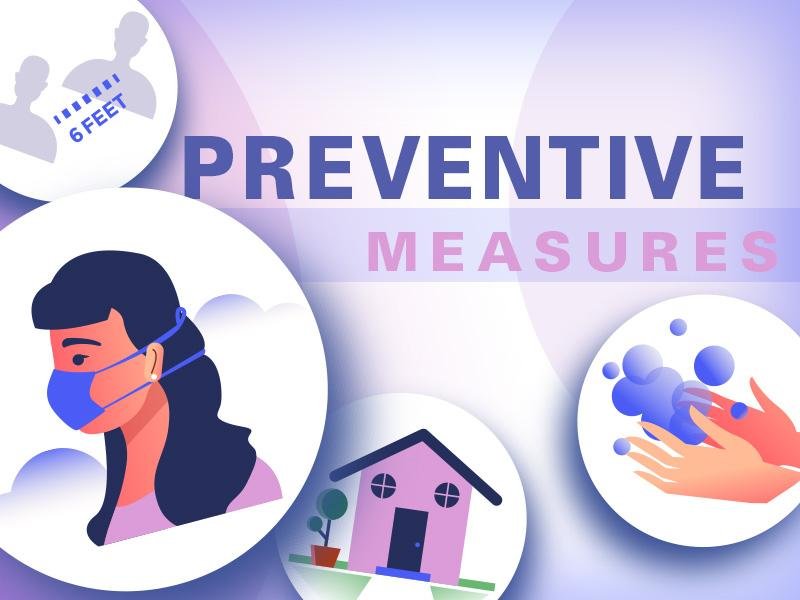In the bustling landscape of Melbourne, where daily life unfolds against a backdrop of coffee culture and vibrant street art, a darker narrative has emerged, casting a shadow over the city’s reputation. A man has recently been sentenced to 42 months in federal prison, marking a significant chapter in the ongoing battle against financial crime. This case, involving debit card fraud and the unsettling breach of post office boxes, unfolds like a cautionary tale, reminding us of the vulnerabilities that exist in our increasingly digital world. As we delve into the details of this case, we will explore not only the crime itself but also its implications for the community and the broader discussion surrounding security and trust in our everyday transactions.
Impact of Debit Card Fraud on the Community
The repercussions of debit card fraud ripple across communities, often leaving citizens to grapple with feelings of vulnerability and distrust. Local businesses suffer as consumers become hesitant to use cards for transactions, fearing potential theft. This shift can lead to reduced sales, ultimately affecting the economic stability of the area. In instances where fraud is rampant, community members might see increased fees from banks as institutions seek to reclaim lost funds. This often exacerbates financial strains on those already finding it difficult to navigate their budgets.
Moreover, victims of debit card fraud can experience significant emotional distress. The aftermath of such crimes often involves time-consuming processes to reclaim lost funds and restore card functionality. Communities with high instances of fraud might witness a rise in anti-social feelings, as residents become suspicious of one another. To combat these negative effects, local authorities and organizations often implement educational initiatives to inform citizens about prevention tactics and reporting procedures. Such efforts aim to rebuild community trust and promote a collaborative approach to safeguarding against future fraud incidents.

Understanding the Methods Behind Mail Theft
Mail theft is a cunning crime that often goes unnoticed until substantial damage has been done. Criminals utilize a variety of tactics to access personal information and items in mailboxes and post office boxes. Some common methods include:
- Physical Burglary: Breaking into mailboxes or post offices to steal mail directly.
- Mail Flipping: Hiding a device to monitor incoming and outgoing mail, capturing sensitive information.
- Pretexting: Posing as a legitimate individual to gain unauthorized access to mail or services.
The allure of debit card fraud often draws these thieves into more complex schemes. By stealing mail, they can acquire personal details, including account numbers and security codes, leading to unauthorized transactions. Inhaling a range of personal data, criminals can perpetrate their schemes effectively, employing tactics such as:
- Information Hoarding: Collecting stolen data over time for future use.
- Identity Theft: Using stolen information to impersonate victims for financial gain.
- Digital Phishing: Following up with electronic communication to extract further information.

Legal Consequences of Financial Crimes
The recent sentencing of a Melbourne man to 42 months in federal prison underscores the significant legal repercussions associated with financial crimes such as debit card fraud and unauthorized access to private postal communications. Financial crimes can lead to a myriad of legal challenges, including but not limited to:
- Criminal Charges: Offenders may face serious charges, including felonies that can result in lengthy prison terms.
- Restitution Payments: Courts often require individuals convicted of financial crimes to repay stolen funds to their victims.
- Fines: Additional monetary penalties may be imposed, which can add financial strain on top of restitution obligations.
- Criminal Record: Convictions result in permanent records that can affect future employment opportunities and personal relationships.
In this case, the defendant’s actions not only breached legal statutes but also affected innocent victims who had their financial information compromised. Sentences for financial crimes are increasingly stringent as authorities aim to deter such behavior. The implications extend beyond the individual, influencing public trust in financial systems and services. Here’s a brief overview of potential consequences:
| Consequence | Description |
|---|---|
| Imprisonment | Time served in a federal facility, varying by crime severity. |
| Supervised Release | Post-incarceration monitoring to ensure compliance with laws. |
| Job Restrictions | Certain professions may be off-limits due to the felony record. |

Preventative Measures for Consumers and Businesses
As recent events have highlighted, both consumers and businesses must take proactive steps to protect themselves from fraud and financial crimes. Here are some essential strategies to consider:
- Regularly Monitor Accounts: Check bank and credit card statements frequently for any unauthorized transactions.
- Use Strong Passwords: Implement complex passwords and change them often, employing two-factor authentication wherever possible.
- Shred Sensitive Documents: Discard bank statements and documents containing personal information securely to prevent identity theft.
On the business front, instituting stringent security measures to safeguard transactional information is crucial. Establishing employee training sessions on recognizing phishing and other scams can further minimize risks. Here are some effective practices:
- Install Security Software: Ensure that strong firewalls and antivirus programs are in place to protect customer data.
- Verify Customer Information: Always confirm the authenticity of transactions, especially those involving significant amounts or sensitive data.
- Implement Limitations: Set spending limits on debit cards and monitor large withdrawals to catch suspicious activities early.
| Consumer Actions | Business Precautions |
|---|---|
| Monitor accounts regularly | Conduct employee fraud awareness training |
| Use strong, unique passwords | Verify customer information before transactions |
| Dispose of personal information securely | Invest in security software and systems |
Q&A
Q&A: Melbourne Man Sentenced for Debit Card Fraud
Q: What was the recent legal outcome for the Melbourne man involved in debit card fraud?
A: A Melbourne man has been sentenced to 42 months in federal prison after being convicted of debit card fraud and breaking into post office boxes.
Q: What specific crimes did he commit?
A: The man was charged with multiple counts, including the use of stolen debit card information to conduct fraudulent transactions and unlawfully accessing postal facilities to retrieve checks and personal information from mailboxes.
Q: How did his actions impact the victims?
A: The fraudulent activities led to significant financial losses for individuals whose debit card information was compromised. Victims not only faced monetary theft but also the stress associated with potential identity theft.
Q: What evidence was presented during the case?
A: Authorities gathered substantial evidence, including surveillance footage capturing the suspect during the fraudulent transactions, as well as recovered stolen debit cards and checks that were linked to the crimes.
Q: What prompted the investigation into his activities?
A: Reports from victims regarding unauthorized transactions and suspicious activity at postal facilities alerted law enforcement, leading to a thorough investigation by federal authorities.
Q: What will his sentence entail?
A: In addition to the 42-month prison term, the man may be subject to supervised release after serving his sentence. This could involve restrictions on his movements and activities as he reintegrates into society.
Q: What are the broader implications of this case?
A: This case highlights the ongoing issues of identity theft and financial fraud in the community, emphasizing the need for vigilance regarding personal information and security measures to protect against such crimes.
Q: How can individuals protect themselves from similar crimes?
A: Individuals can take proactive steps to secure their financial information, such as regularly monitoring bank statements, using strong and unique passwords for online accounts, and being cautious about sharing personal information.
Q: What message does the legal outcome send to potential offenders?
A: The sentencing serves as a reminder that fraudulent activities have serious consequences. Law enforcement agencies continue to prioritize the enforcement of financial crimes, and individuals found guilty can expect substantial legal repercussions.
In Retrospect
the recent sentencing of a Melbourne man to 42 months in federal prison serves as a poignant reminder of the serious consequences that can arise from financial crimes and breaches of trust. The case highlights not only the vulnerabilities inherent in our financial systems but also the broader implications of such fraudulent activities on communities and individuals alike. As law enforcement continues to crack down on these offenses, it urges a collective responsibility to remain vigilant against fraudulent practices. While this chapter closes for the individual in question, it opens a dialogue on the importance of security and integrity in our everyday transactions—encouraging us all to be aware and informed as we navigate a world increasingly reliant on digital interactions. With lessons learned and justice served, the hope remains that such incidents can diminish in the future, fostering a safer environment for all.

